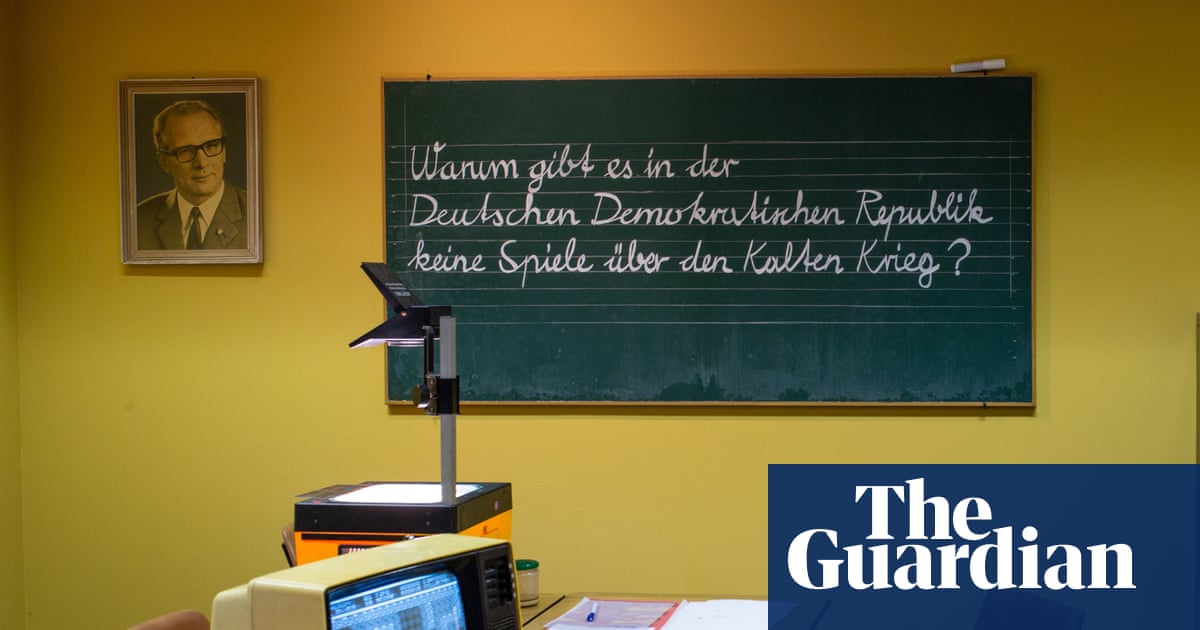
"In 2019 researchers at Berlin's Computer Games Museum made an extraordinary discovery: a rudimentary Pong console, made from salvaged electronics and plastic soap-box enclosures for joysticks. The beige rectangular tupperware that contained its wires would, when connected to a TV by the aerial, bring a serviceable Pong copy to the screen. Arcade fire East German attractions at ColdWarGames. Photograph: Dora Csala/AlliiertenMuseum At the time, they thought the home-brewed device was a singular example of ingenuity behind the iron curtain."
"But earlier this year they found another Seifendosen-Pong (soap-box Pong), along with a copy of a state-produced magazine called FunkAmateur containing schematics for a DIY variety of Atari's 1970s gaming sensation. The discovery rubbed up against received wisdom that the dawn of computer gaming had at best been tolerated and at worst suppressed by socialist East Germany. Instead, here was evidence that gaming enjoyed a level of official support, including from the regime's notorious secret service."
"A new joint exhibit from the Allied Museum and the Computer Games Museum in Berlin brings cold war gaming curios from both sides of the iron curtain to light, including East Germany's only arcade cabinet, the Poly-Play, which visitors can try out. With honey-coloured wooden panels and a brightly lit typeface, only 2,000 of the machines were made. In the late 80s, adolescents would crowd the cabinets at youth clubs and holiday retreats, to the extent they were available."
Researchers uncovered DIY Pong consoles in East Germany built from salvaged electronics and soap-box enclosures that could output to a TV aerial. A later find included a FunkAmateur magazine with schematics for building Atari-style games, indicating grassroots technical interest. Evidence shows gaming in East Germany received official backing, with state security providing programming expertise to manufacturers. The Poly-Play arcade cabinet was produced in limited numbers and installed at youth venues, where adolescents played cloned western-style games. A joint exhibit in Berlin now displays these Cold War gaming artifacts from both sides of the Iron Curtain.
Read at www.theguardian.com
Unable to calculate read time
Collection
[
|
...
]